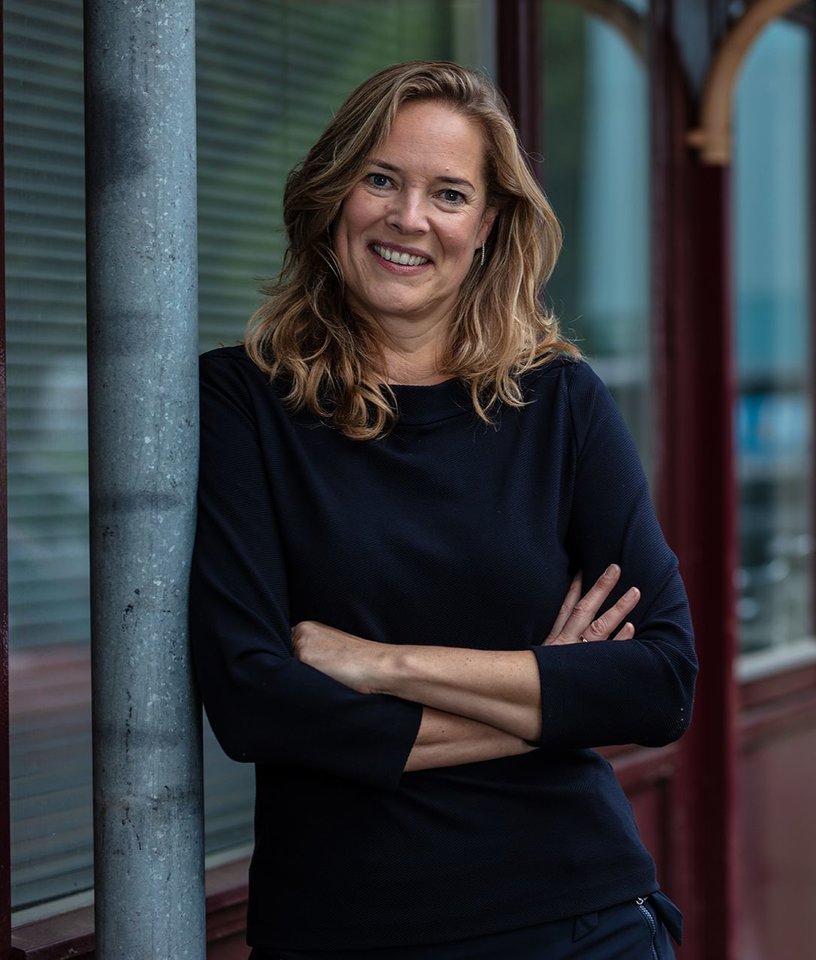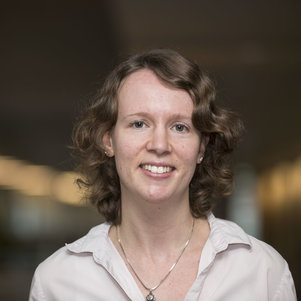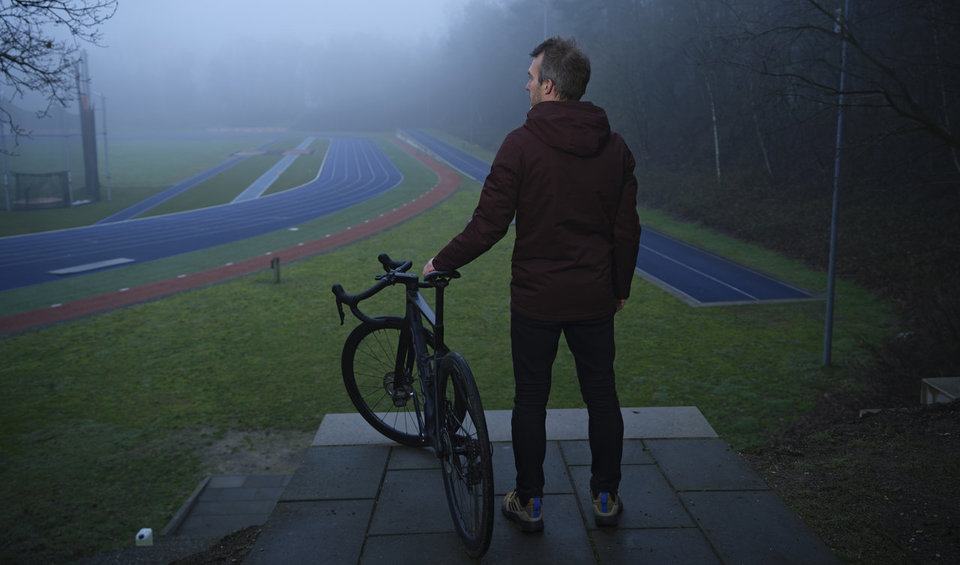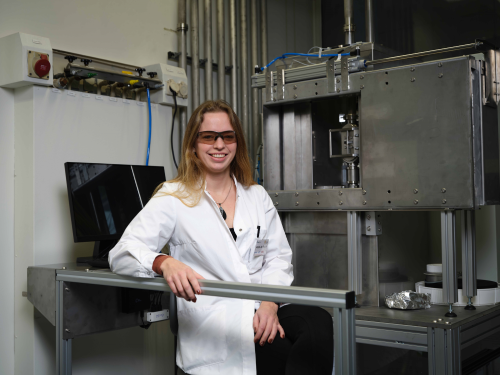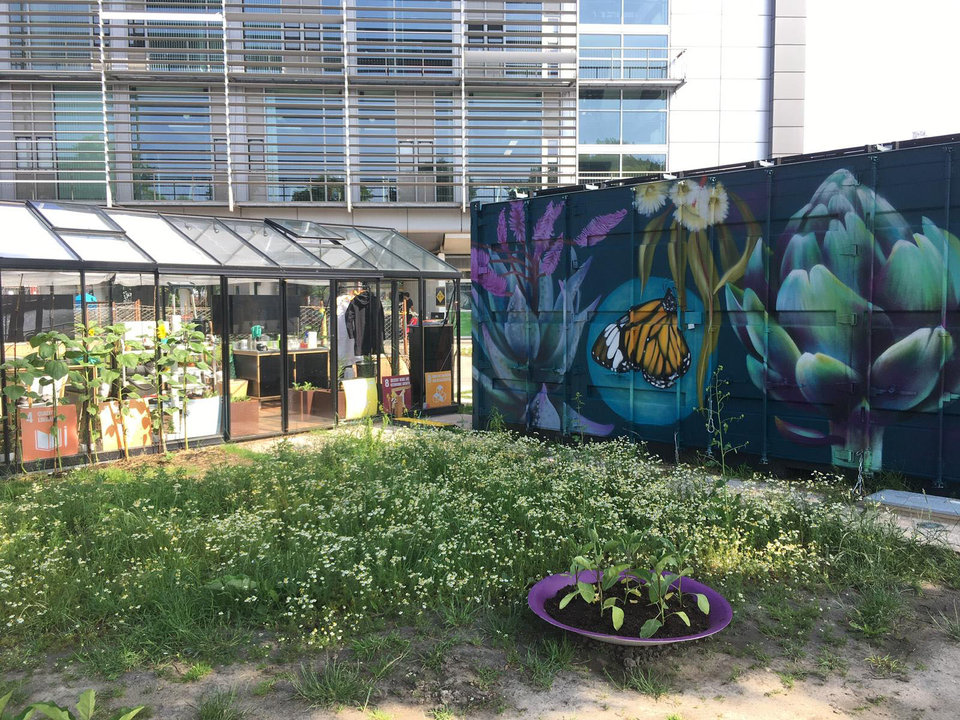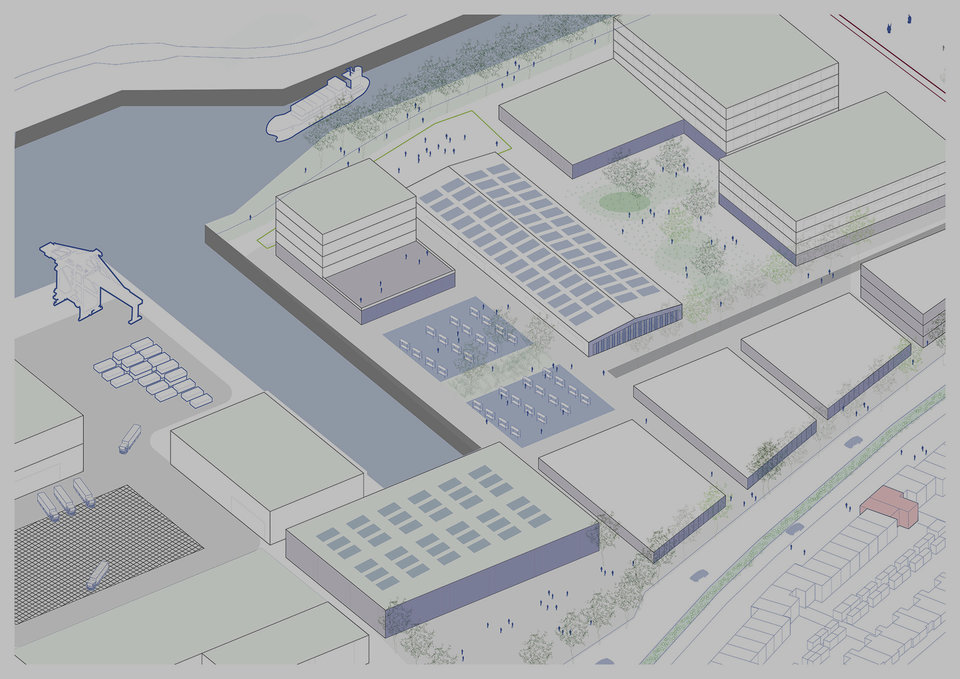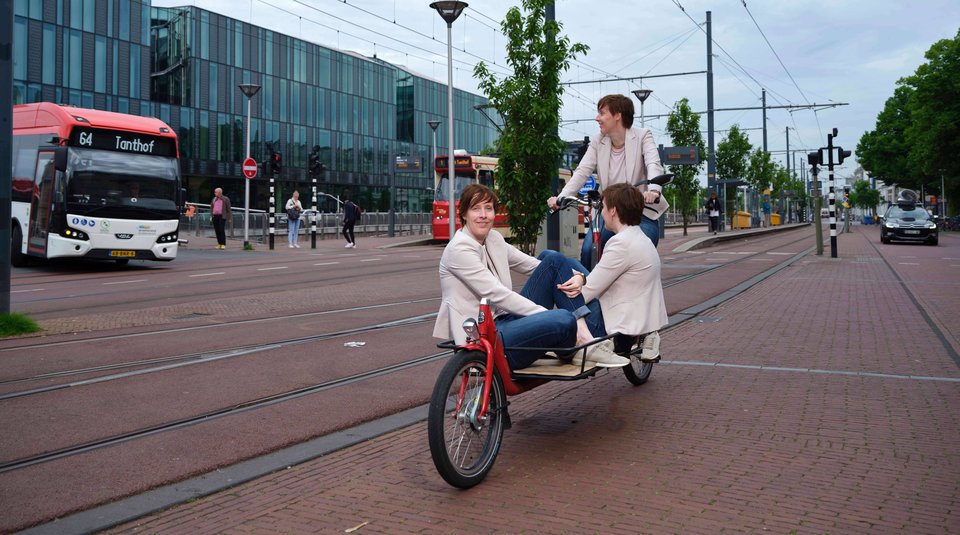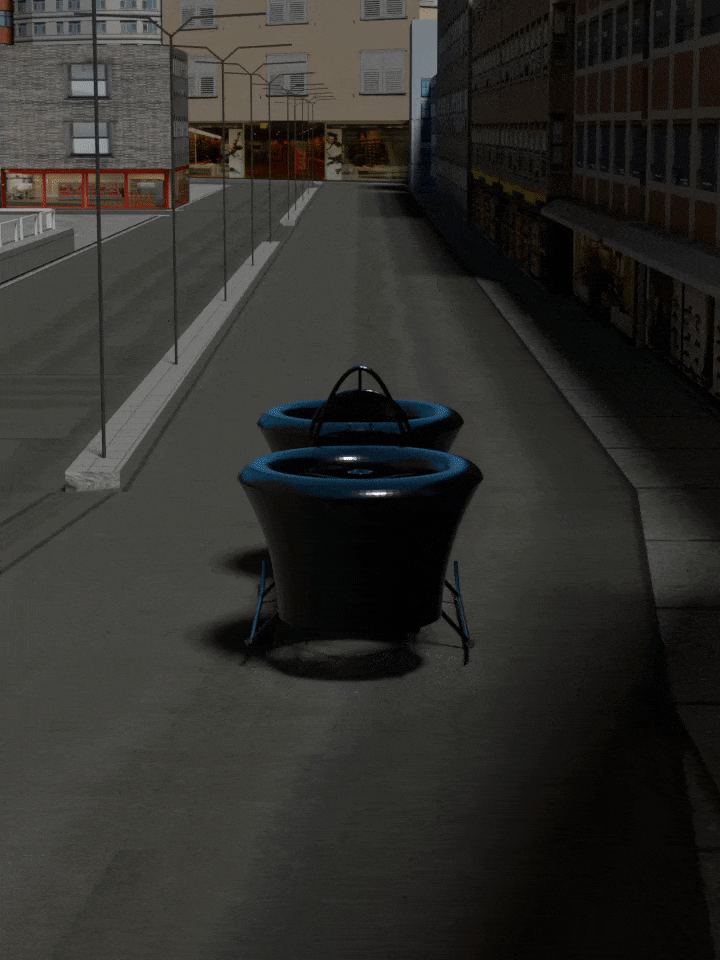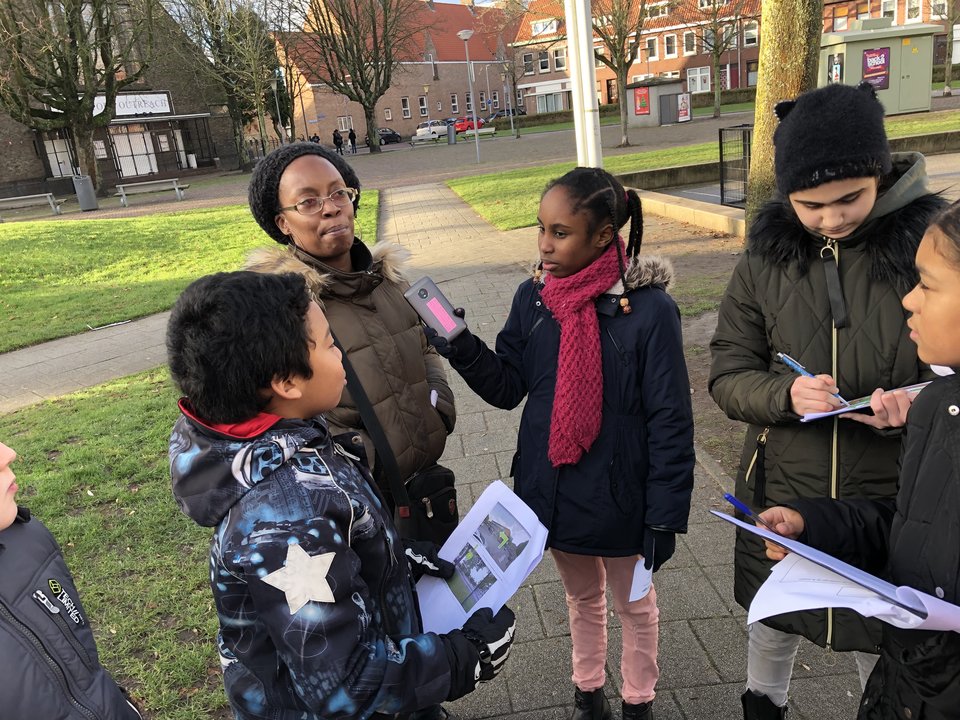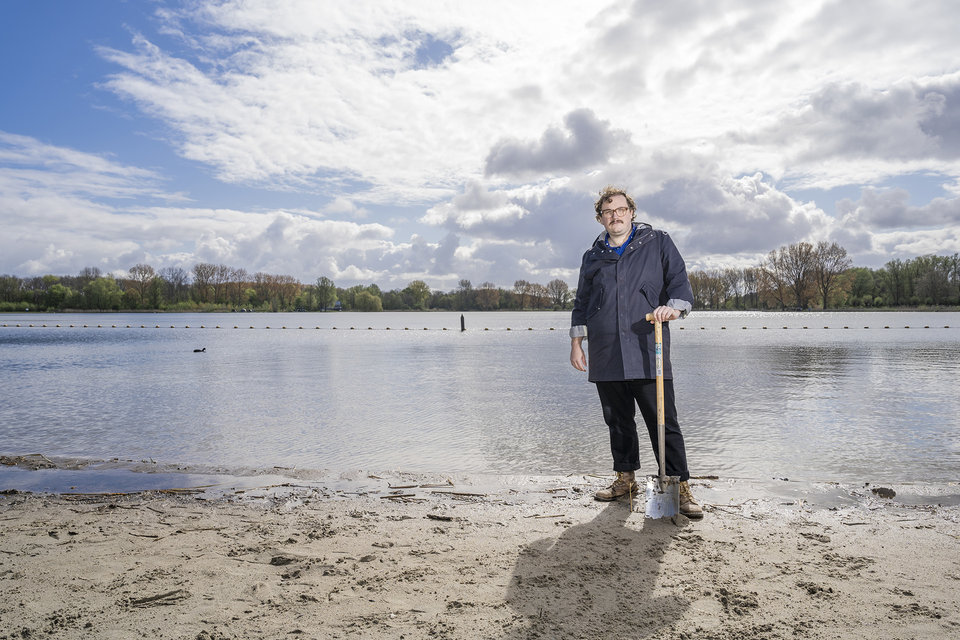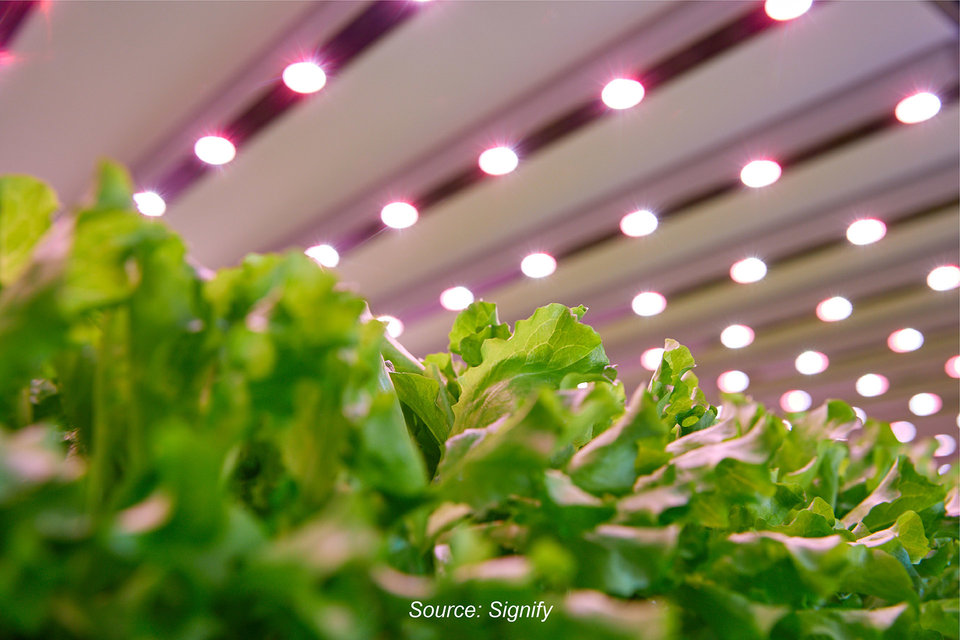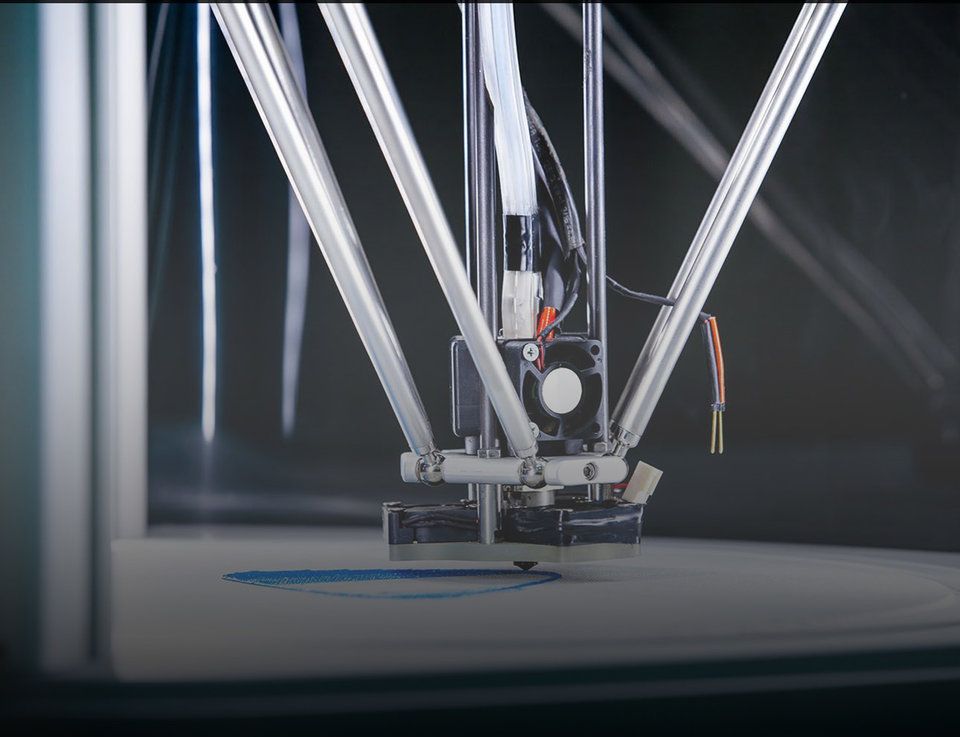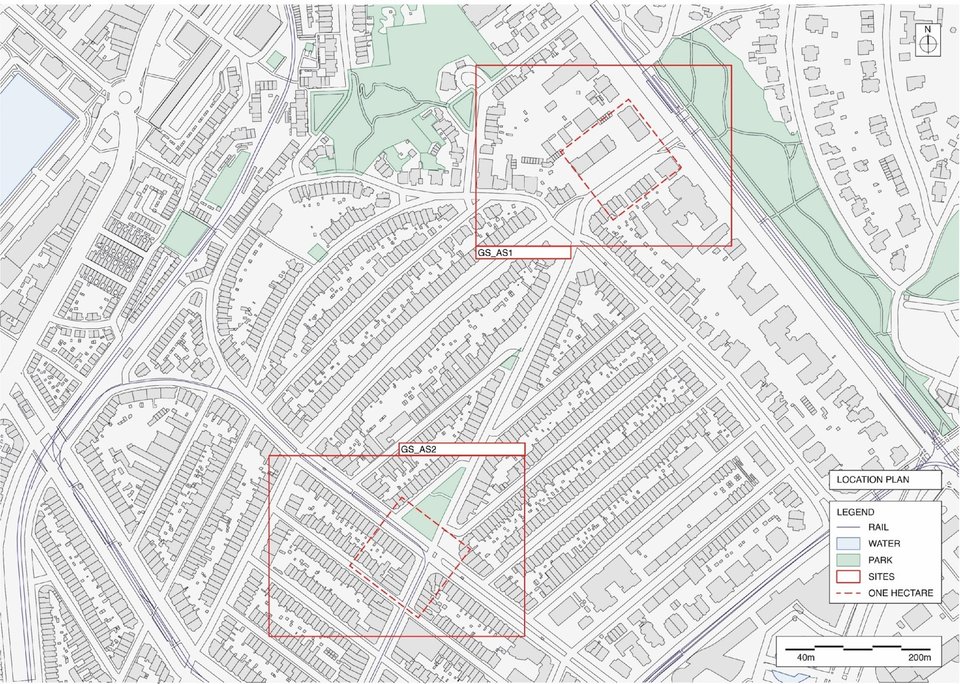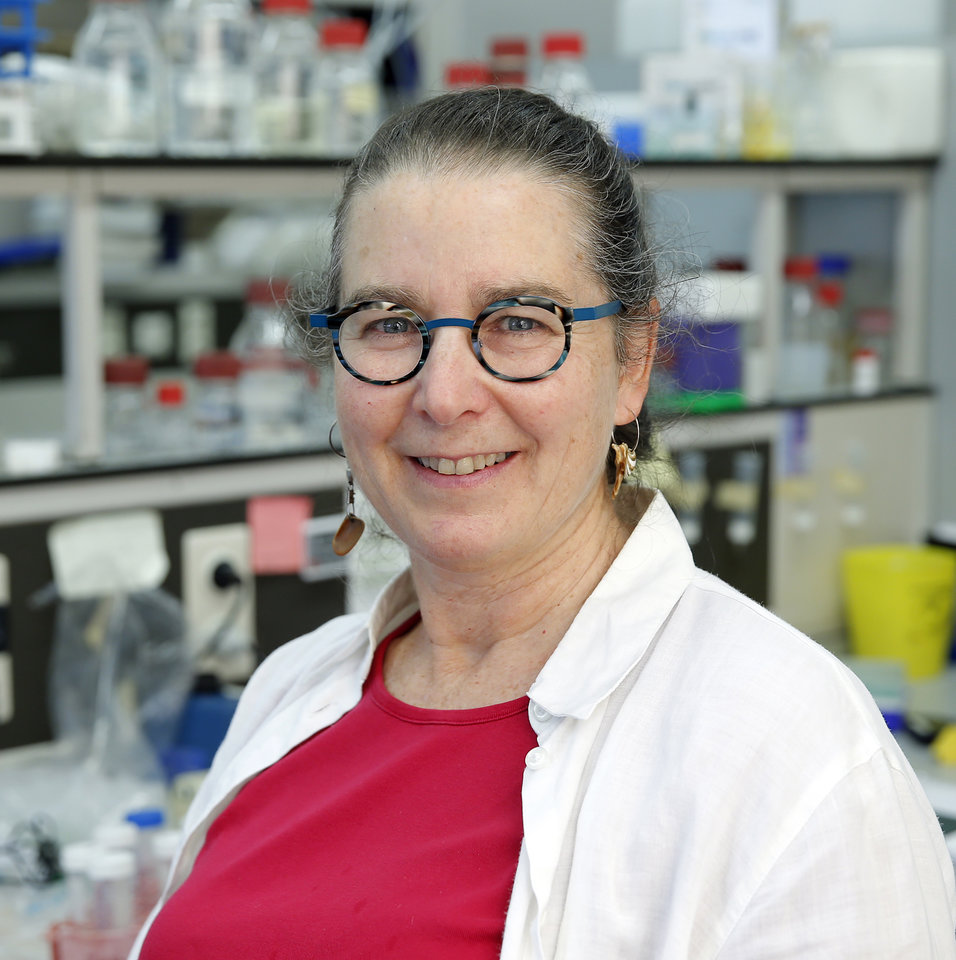The call for transparency is growing both from within and outside the scientific community. Yet public sharing of research data is not yet taken for granted. Open science advocate Anneke Zuiderwijk is researching and developing tools to help improve sharing, availability and use of data and to make it easier. Thereby, she hopes that the social value of open science will grow and be utilised in more ways.
"The corona crisis has once again underlined the importance of open science," says Anneke Zuiderwijk, associate professor of Open Data at the Faculty of Engineering, Governance and Management. "Thanks to data sharing between scientific parties and the medical industry, corona vaccines could be developed in a relatively very short time." Yet of all the scientific data collected worldwide, only a fraction is currently publicly available. According to the researcher, there are several reasons. "One factor that plays a role is time. Structuring data properly and making it available requires quite a lot of work, while the workload for researchers is already high. In addition, researchers - unlike for publications - are hardly rewarded for sharing datasets, so there is a lack of incentive. Furthermore, there is a fear among some researchers that data will be misinterpreted or others will run with it before the research or article is completed."
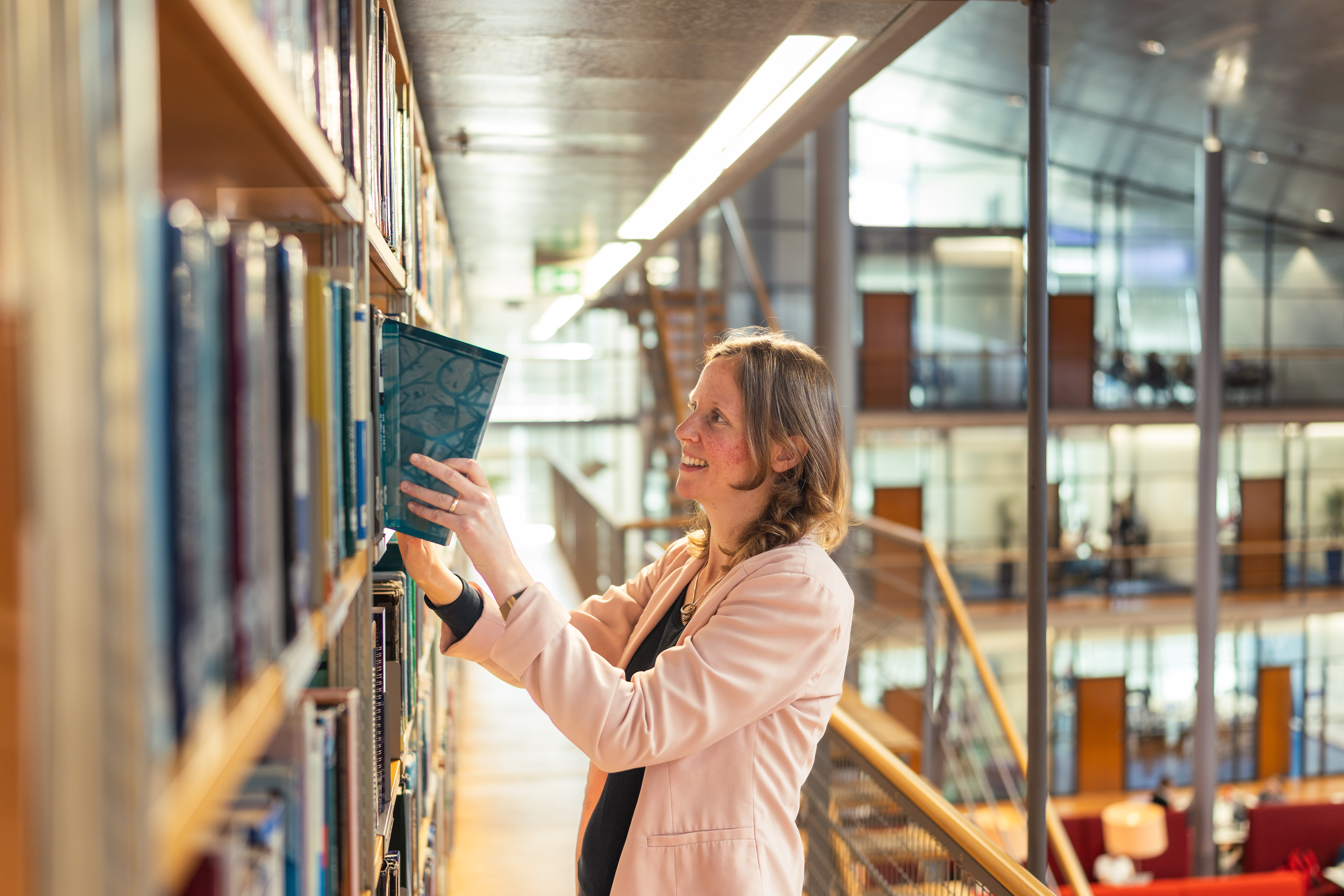
Practice what you preach
Zuiderwijk recognises the struggle of scientists. "During my PhD research, I myself was also reluctant to share my data. My biggest fear was misinterpretation of my datasets. At the same time, I did think: more transparency is incredibly important. It ensures, for instance, more cooperation between scientists and more accurate documentation. That, in turn, leads to better-quality research. Moreover, I am conducting research on open science myself, so I should also set a good example. Practice what you preach. Also, because I had stored all the data from my research in a well-structured way, it took relatively little effort to make it public. So eventually I decided to publish all the data. After that first time, it got easier and easier. So you have to get over the first hurdles."
Barriers and incentives
One of the challenges in her research is finding out what factors cause a researcher to share their data or not. Zuiderwijk: "It may be that it is not customary from a country or university to make data public, but there may also be personal motives. For example, trust in others. Researchers are often reluctant when there is a lot of personal data in the research. Then the barriers outweigh the benefits. Conversely, certain factors can encourage public data sharing. For example, requirements from the funder or a reward from the university, such as an amount you are allowed to spend on a conference every year. I want to find out on what level which barriers and incentives play a role in open science and to what extent countries, universities and research disciplines differ in this."
Tools for better data sharing
The insights gained by Zuiderwijk form the basis in solutions for making data more available and usable. For her PhD research, for example, she designed - with an international consortium - an infrastructure and website on which researchers can process their data in a faster and improved way. She is currently investigating how universities can improve their data infrastructure. "Universities often work with different portals and standards for processing datasets. This makes it difficult for researchers to use and combine data from other knowledge institutions. Also, researchers are not always adequately supported by their university in making data public."
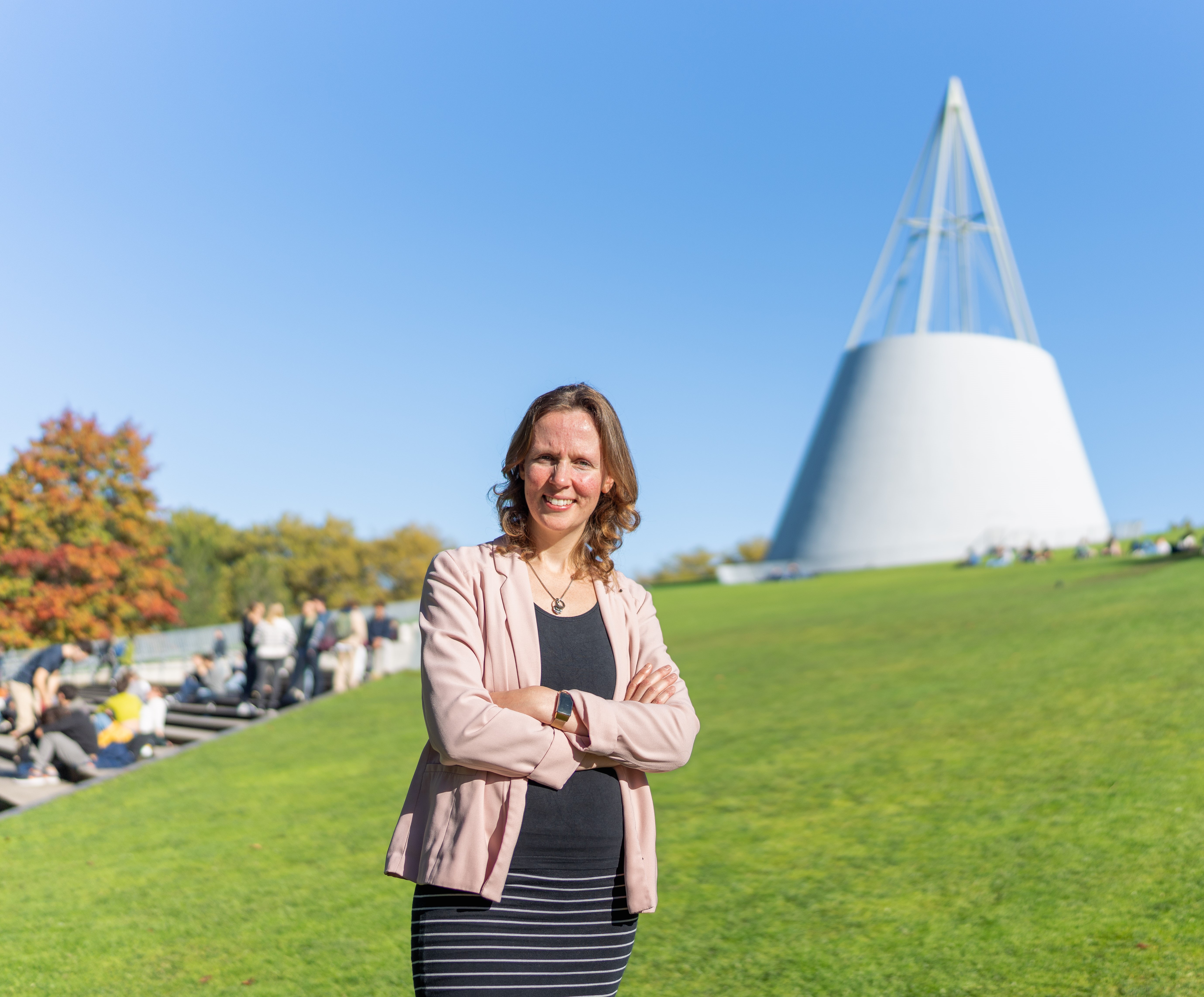
Data stewards
Zuiderwijk looks at which infrastructural and institutional tools help improve data infrastructure. In doing so, she develops theory for specific needs and contexts. "Because open science is not yet as obvious at every university, you have to look at what fits where. In places where data sharing is still in its infancy, for example, it is better to start with a generic educational arrangement so that researchers can develop general skills. If it is more advanced - like TU Delft, which has invested heavily in open science over the past decade - you can look more towards instruments for individual support, such as data stewards. They give advice on which data you should or should not make available, what to look out for and how best to present your data. They do this with information and training, but also with individual coaching. At TU Delft, each faculty has its own data steward."
Leveraging social value
Besides conducting research, Zuiderwijk teaches online free courses (MOOCs) on open science. In doing so, she shows, among other things, the benefits of data sharing for researchers themselves. "For example, that you will report more cleanly during your research. Or that with open access to data, you ensure that your articles are easier to find and you show that your data are reliable. But the main incentive for sharing data is the contribution you can make to solving societal issues. Think of the creation of corona vaccines. A success story like that is hugely inspiring. I hope to achieve a scientific breakthrough for open science with my research in the coming years, which will enable us all to make even better use of the social value."
4TU.ResearchData
In 2008, TU Delft, working with TU Eindhoven, University of Twente and Wageningen University, founded 4TU.ResearchData, an international database for science, engineering and design. Its services include the compilation, sharing, long-term access and preservation of research datasets. These services are available to anyone around the world. In addition, 4TU.ResearchData provides training and resources to researchers to support them in making research data discoverable, accessible, interoperable and reproducible.

